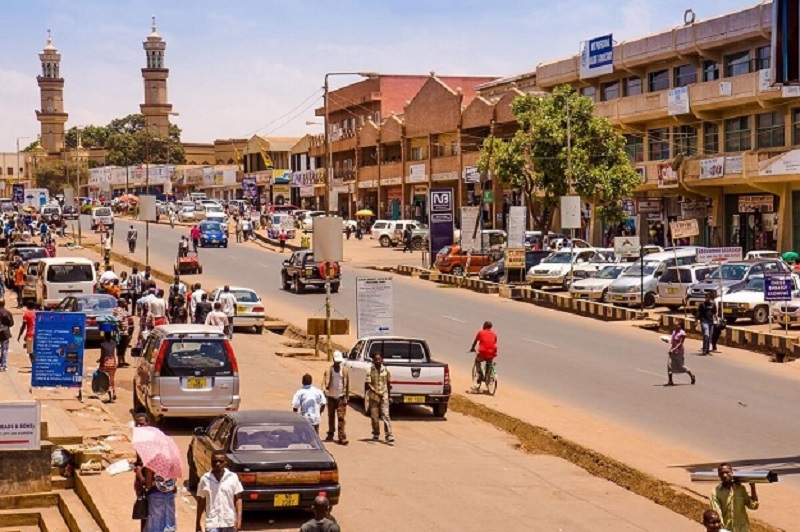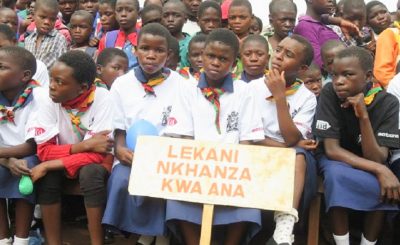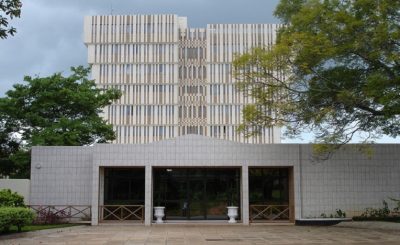The World Bank has projected that Malawi’s medium-term growth outlook expected to increase only moderately this year.
In a statement which the Bank has released on Tuesday, the country’s growth outlook is improving because of bold reforms undertaken by authorities last year to stabilise the economy.
Reads the statement: “Malawi’s medium-term growth outlook is improving because of bold reforms undertaken by Government in 2023 to stabilize the economy, although other numerous downside risks related to climate change, continued foreign exchange challenges, delays in the implementation of key macro-fiscal and structural reforms persist.
“Growth is therefore expected to increase only moderately in 2024, according to the latest World Bank Malawi Economic Monitor (MEM).”
The 18th edition, titled: Turning the Corner? acknowledges that government has taken an initial set of bold actions, including the adjustment of the exchange rate, monetary tightening and commitments to enhanced fiscal prudence, which paved the way for a November 2023 agreement on an Extended Credit Facility (ECF) with the Internal Monetary Fund (IMF) and the first World Bank-funded budget support operation since 2017.
The Bank’s Country Manager Hugh Riddell has advised that if the economy is to turn the corner, government must double down on key reforms.
“While economic growth is projected to increase, numerous downside risks to the Malawian economy persist, most notably the ongoing El Nino phenomenon which we are concerned may exacerbate an already challenging food insecurity situation.
“If the economy is to turn the corner, government must double down on key reforms, in particular, a flexible exchange rate to rebuild the country’s reserves position, and tough expenditure controls to reverse the build-up of domestic debt which currently crowds out private sector borrowing.”
MEM acknowledges that government has taken an initial set of bold actions, including the adjustment of the exchange rate.
However, the Monitor has argued that both immediate actions as well as sustained commitment will be necessary if the reforms are to bear desirable fruits for the wider economy.
The Bank has since, among other recommendations, called upon authorities to implement announced reforms to increase exchange rate flexibility, rebuilding foreign reserves, and continuing to improve fiscal governance and sustainability.
The World Bank’s MEM provides a semiannual analysis of Malawi’s economic and structural development issues.
This MEM’s special topic, “Healthy Watersheds for a Strong Economy”, examines the links between watershed protection and rehabilitation and economic recovery.
Through the rapid conversion of land for agriculture and widespread deforestation, MEM notes that Malawi has seen a dramatic loss of forest cover from 47 percent in 1975 to just over 20 percent in 2021.
“Healthy watersheds are essential to maintain sustainable water supply, avoid the loss of fertile soil, and protect communities from landslides and flash floods.
“The way Malawi’s watersheds are managed will not just influence the prosperity of Malawian communities today; it will determine the country’s future economic performance as it faces growing challenges from population growth and increased climate variability” said Francis Ghesquiere, Practice Manager for Sustainable Africa East Water Region.
The Bretton Woods institution has stressed that the growth is expected irrespective numerous downside risks related to climate change, continued foreign exchange challenges, delays in the implementation of key macro-fiscal and structural reforms.





